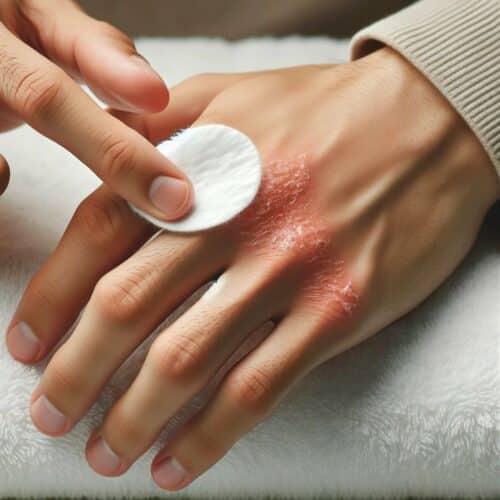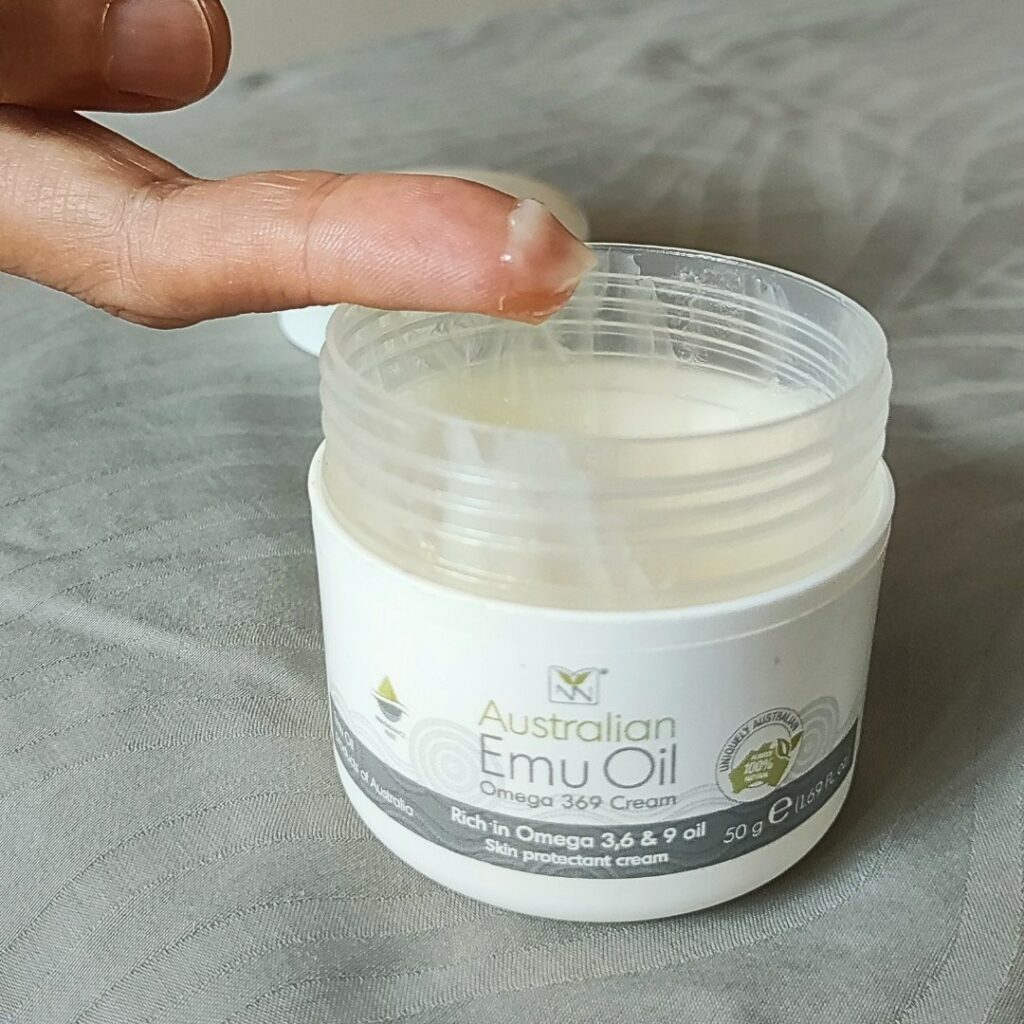Discussion, Question
Why Do Eczema Flare-ups Happen (And What You Can Do About It)?
When you tell someone (who doesn’t have eczema) that you have eczema, they will immediately launch into “advice” mode. “Have you tried avoiding this?”. “Have you tried applying that?”.
I’m sure they mean well. But suggesting treatment methods are not helpful until you actually know the reason for your flare-ups.
So, let’s chat about why eczema flare-ups happen and, most importantly, how we can manage them.
What Causes Eczema?
Eczema is a complex skin condition, and could be a combination of genetic and environmental factors. Eczema sufferers typically have one or more of the conditions below:
A weakened skin barrier
Your skin is your armour against the environment. When it’s strong, irritants can’t easily invade. But with eczema, your skin’s barrier isn’t as robust, so things like soaps, detergents, or even rough fabrics can start a flare-up.
Why does your skin barrier become weak? Some research suggests that eczema sufferers have mutations in the gene encoding filaggrin, a protein crucial for maintaining the skin’s barrier function. When this barrier is compromised, it becomes like a leaky wall, allowing moisture out and irritants, microbes, and allergens in. This leads to the dryness and irritation characteristic of eczema.

Overactive immune system
People with eczema often have an overactive immune system. Your immune system is meant to defend you against pathogens, damaged cells or toxic compounds.
But, if you have an overactive immune system, your body tends to keep on producing antibodies, as a response to environmental triggers. This results in red, itchy patches on your skin. This was shown in recent studies where Th2 (T-helper type 2) cells release cytokines which contribute to itching and inflammation.
Then, as you scratch these areas, it damages your skin even further, leading to even more inflammation. This is known as the itch-scratch cycle.
Stress
Does your skin flare up when you’re stressed? That’s not a coincidence. Stress can prompt your body to release certain hormones and chemicals, leading to inflammation.
In fact, researchers found that the same thing occurred even with mice. When mice with long-term skin allergies were put in isolation (causing stress), they started scratching uncontrollably, which worsened their skin condition and also led to changes in behaviour and health, like weight loss and increased anxiety. This condition continued even when the initial skin allergy wasn’t being actively irritated.
Environmental Factors
There are two environmental factors that can trigger eczema flare-ups:
Allergens & Irritants: This includes dust mites, pet dander and harsh soaps. If you have a weakened skin barrier, the proteins from the allergens above are more likely to penetrate deeper into your skin, triggering an allergic response.
Microbial Changes: Your skin hosts a community of microbes, and in eczema, the balance of this community shifts. Research has shown an increased presence of certain bacteria, like Staphylococcus aureus, in eczema-affected skin. These bacteria can worsen skin inflammation and further break down the barrier function.
In fact, it was long debated whether this bacteria was there because of scratching, or is actually directly responsible for making you itch. And new evidence suggests that it may be the latter.
Managing Eczema
Now that you understand the various causes of eczema, how do we deal with them? The best way is to use a layered approach that targets each problem separately:
1. Cleansing
Cleansing helps remove dead skin, sweat, grime and blood from the area. Begin with a gentle, fragrance-free cleanser. Look for products specifically formulated for sensitive or eczema-prone skin. Avoid hot water as it can further irritate the skin; use lukewarm water instead.
Gently apply the cleanser with your hands in a circular motion. Don’t scrub as this can irritate your skin. Rinse thoroughly with lukewarm water and pat your skin dry with a soft towel. Avoid rubbing the skin.
2. Disinfecting
Since the Staphylococcus aureus bacteria is more prone to appear on eczema skin, you can apply an antibacterial gel on open sores or wounds. This helps prevent infection, a common issue with eczema when the skin barrier is broken.
Use these products only as intended, as overuse can lead to further irritation of the skin. Always patch test a small area first.

3. Reduce Inflammation
To target inflammation directly, doctors would typically prescribe a topical corticosteroid or a non-steroidal anti-inflammatory cream. But continued use can thin the skin over time.
If you don’t prefer that, consider applying emu oil instead. It’s been used traditionally for various skin conditions, and some people with eczema find it beneficial due to its anti-Inflammatory properties. The lipids in emu oil can help reduce inflammation. And, emu oil is easily absorbed into the skin, which means it can deliver its anti-inflammatory effects deep into the affected areas.
4. Hydration / Moisturize
After the steps above, you can now lock in moisture with a fragrance-free emollient. Thicker ointments are generally more effective than creams and lotions for eczema, but it will depend on the severity of your flare up.

Look for products containing shea butter, ceramides, glycerin, or hyaluronic acid, which help repair the skin barrier and retain moisture. Apply generously, focusing on affected areas. Reapply throughout the day as needed, especially after washing hands or bathing.
5. Protect
Protect your skin from external irritants and allergens by wearing soft, breathable eczema fabrics. Avoid rough, scratchy fibres and tight clothing. Keep your fingernails short to prevent skin damage from scratching.
Embracing the Journey
There has been a lot of research into eczema and atopic dermatitis, but even so, it remains a mysterious ailment that does not have a cure. But understanding the why behind them and knowing how to manage can make a world of difference.
Living with eczema is a journey, one that’s unique to each of us. While I can share what I’ve learned and what helps me, remember that your path might be different. Keep a diary, note what works and what doesn’t, and always, always celebrate the small victories.
